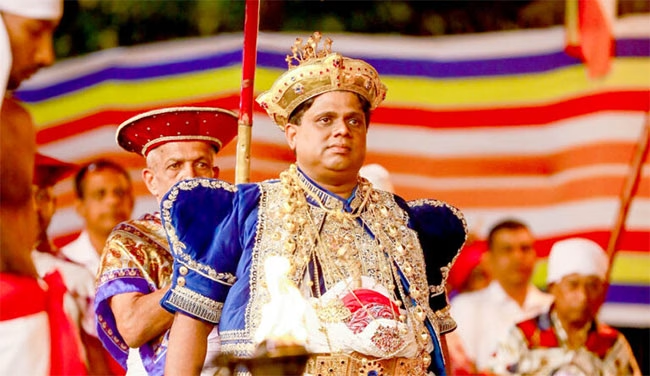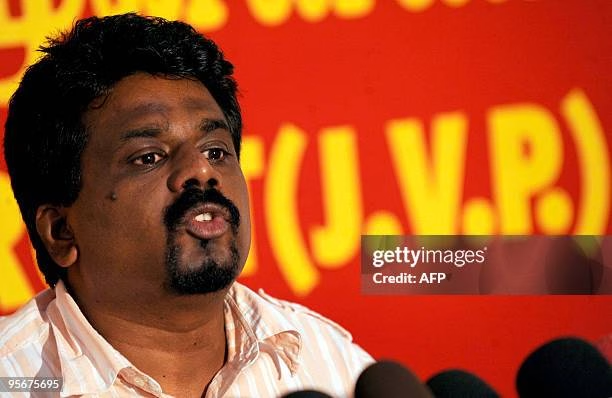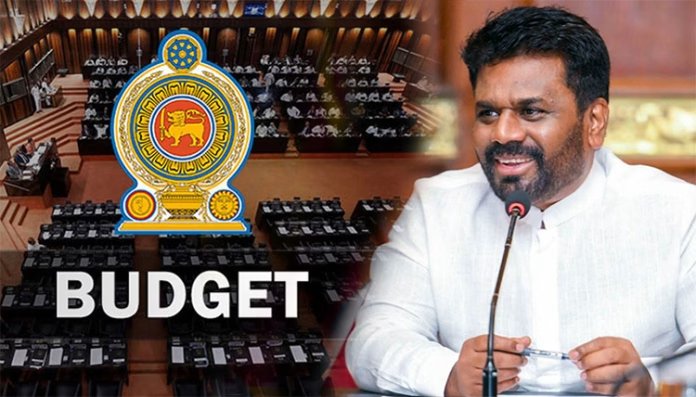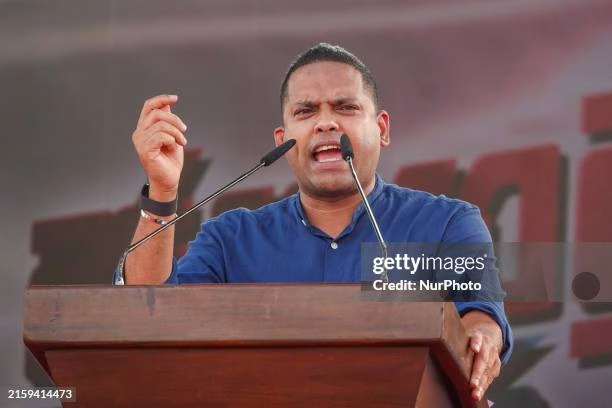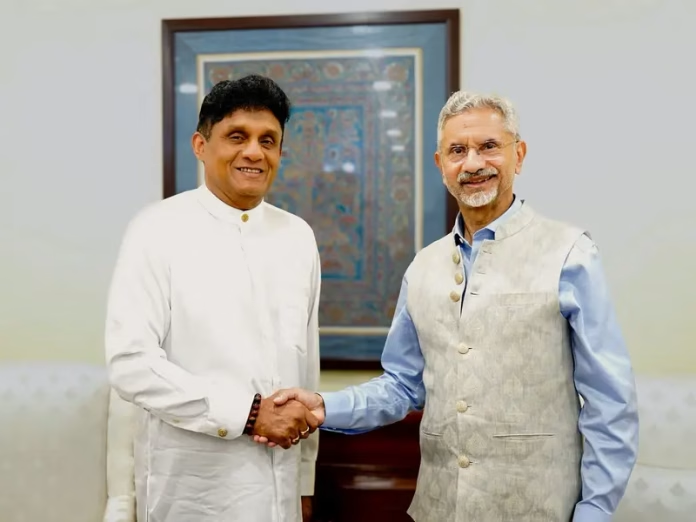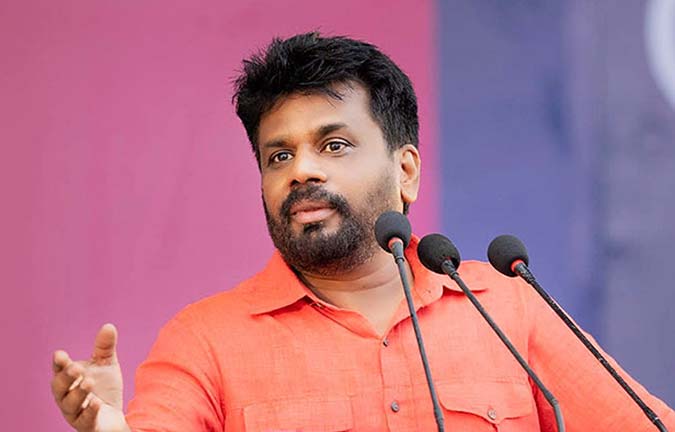A major controversy has erupted across the island following revelations that the family of Disna Niranjala, a Municipal Councilor representing the National People’s Power (NPP) in Peliyagoda, maintains close family ties with Kosgoda Sujee, a notorious underworld leader and major drug trafficker hiding in Dubai. Ms. Niranjala, the wife of a principal recently arrested with a large consignment of heroin, is at the center of these accusations.
Information has emerged indicating that the councilor was present at the hotel when the kilogram-plus heroin consignment was seized. Public outcry and questioning from various quarters have arisen over the police’s decision to merely record a statement from her and then release her. Critics suspect that this course of action, allowing a close relative of a drug trafficker to be present during an arrest without further detention, deviates from standard legal procedures.
Further investigations have revealed that Ms. Niranjala is a close relative of underworld leader Kosgoda Sujee. Accusations are mounting that the National People’s Power initially attempted to suppress the incident, despite the presence of a political representative with such serious underworld connections. This revelation further intensifies suspicions that the councilor’s position was used as a “protective shield” to maintain the illicit trade through political influence.
Furthermore, it is suspected that family connections were extensively utilized in this trafficking operation. Investigations have revealed that Shashi, the son of the arrested principal’s elder brother, had previously been arrested and remanded in connection with heroin trafficking.
This highly serious chain of events has led the entire country to question whether accusations of a political party being systematically linked with drug traffickers through black money networks to build its large-scale party funds are true. Public opinion is pressuring NPP General Secretary Tilvin Silva and other party leaders to issue a clear statement to the nation immediately regarding this matter.


